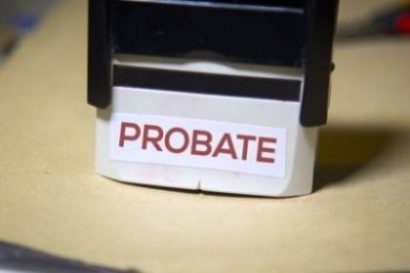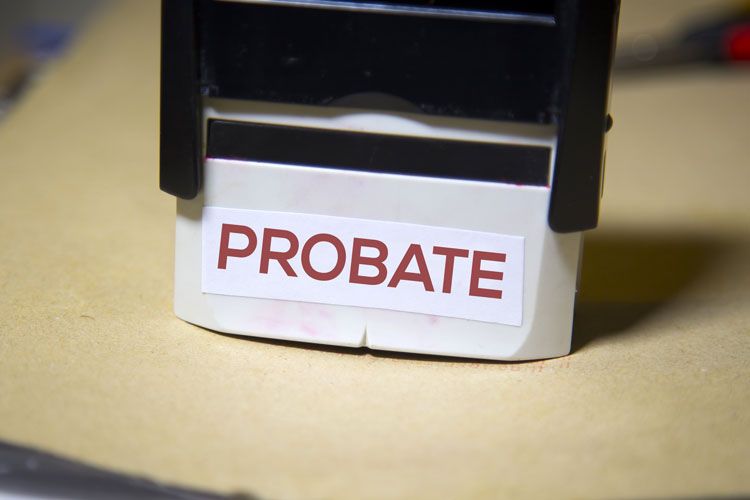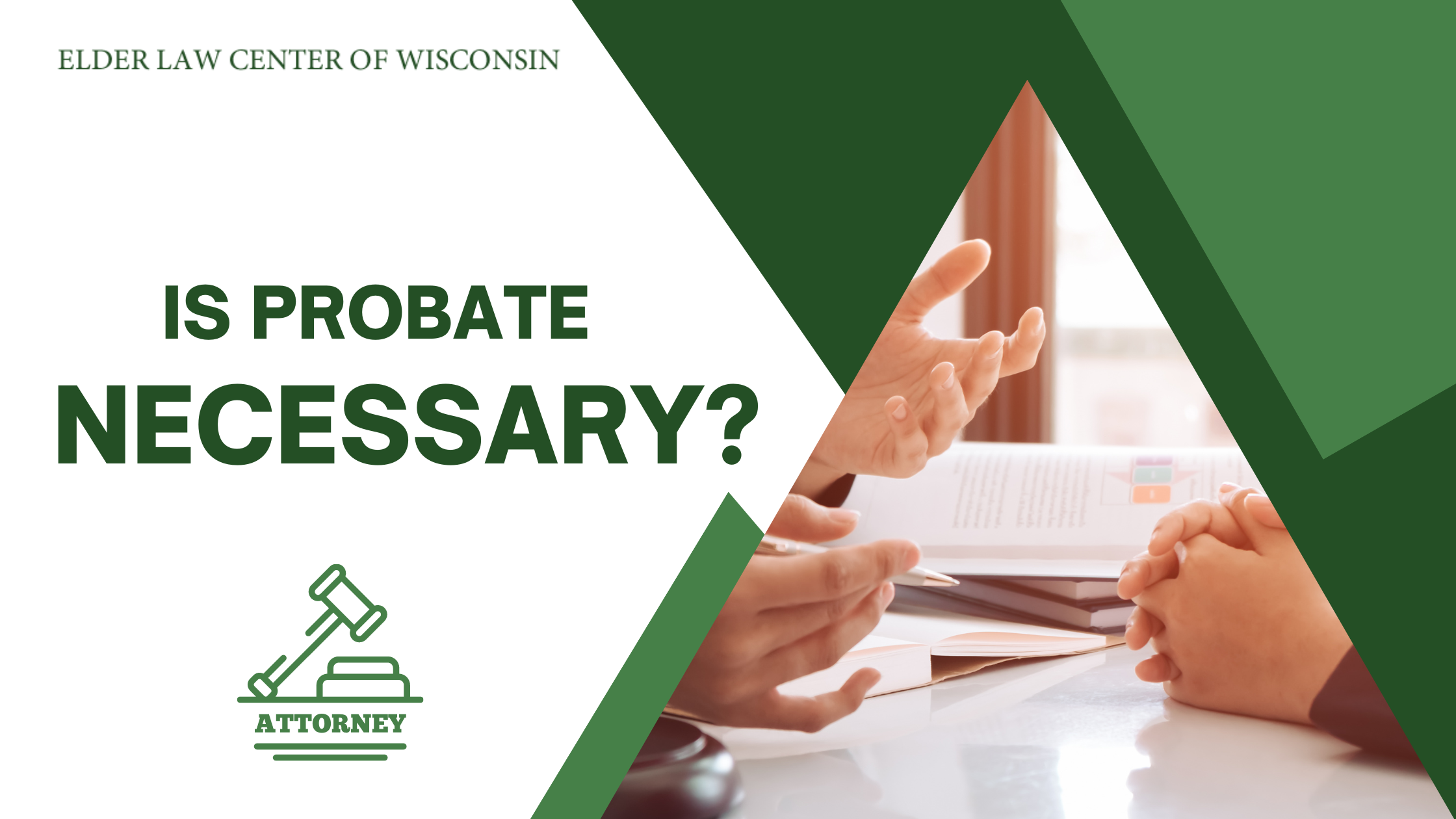-
20 Sep Off

Probate is the process involved in passing a deceased person’s property to their heirs or beneficiaries named in the decedent’s will. The court process differs from state to state. Generally, the following steps are included:
- Filing the will and petition with the probate court appointing an executor or personal representative.
- You will need to find out everything the deceased owned so you can file an Inventory (list) with the court. Any bills or bequests should be paid from a checking account which you or your attorney set up in order to keep track of all expenses.
- An estate tax return must be filed if that estate exceeds a certain value or income threshold. The return must be filed within nine months of the date of death. If this deadline is not met, and the estate is taxable, penalties and interest may apply. The estate will need its own tax identification number.
- A final return tax return must also be filed for the decedent if the decedent’s income in the year of death exceeds the income threshold.
- Executors do not generally pay out all estate assets until the period for creditors to make their claims run out.
- A final accounting must be filed with the probate court listing any income to the estate since the date of death and all expenses and estate distributions. Once this final accounting is approved by the court, the executor can distribute what is left in reserve.
Call me at (262) 812-6262 to arrange a complimentary meeting.
Summary

Article Name
What are the Steps Involved with the Probate Process?
Description
Probate is the process involved in passing a deceased person’s property to their heirs or beneficiaries named in the decedent’s will.
Author
W. Ryan Zenk
Publisher Name
Elder Law Center of Wisconsin
Publisher Logo

Related Articles
Comments are closed.







